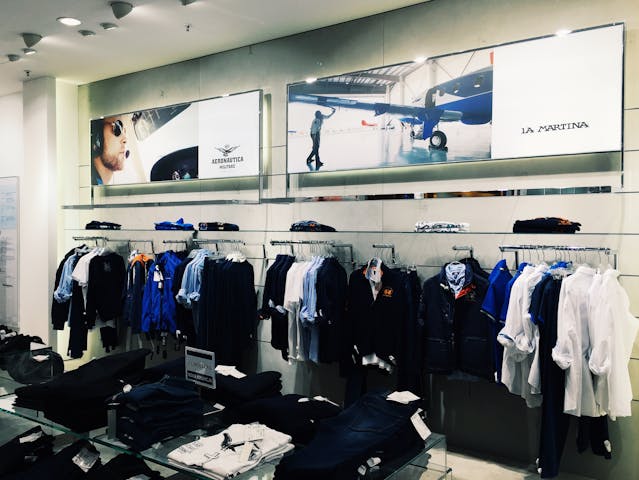Retail companies are dependent upon brand recognition, brand loyalty, and maintaining relevance with their market segment. As a general rule, any business that isn’t growing is probably shrinking.
The point of running a business is to generate sales and profits. If your business is not constantly improving its revenue and profit margins, a new or improved business model is likely needed. Let’s consider 6 reasons why a retailer should offer pop-up shops below.
1: Branding
Branding is a valuable investment in the United States because consumers are comforted by familiarity and typically develop that through constant exposure to a brand name over time. For this reason, businesses that offer pop-up shops tend to fare very well in generating sales after the promotional event because pop-up stores resonate in the memory unlike anything else.
2: Relevance
Retailers who engage in experiential marketing and generate leads by showcasing their goods in pop-up shops maintain relevance in the community. For many consumers, the novelty of retail items wears off over time and may be displaced by the next new thing.
To regenerate excitement and make your item relevant and new, it is important to showcase the goods in spontaneous events that recapture the attention and devotion of customers.
3: A Budget-Friendly Option
Pop-up shows give retailers the most bang for their buck by taking advantage of large gatherings to promote their products in a novel and memorable manner. Considering the costs of pay-per-click advertising and featured ads on high-volume websites, radio, or television, the savings are huge when accessing a large event that combines the draw from all those other media sources and word-of-mouth social media seamlessly into a live congregation.
By hosting a pop-up shop at a festival, concert, or parade, retailers get strong value for their limited marketing dollars. Showcasing products to a built-in audience allows retailers a practical approach that doesn’t rely on the draw of their reputation and notoriety alone. Many strip malls, likewise, rely on larger anchor stores with bigger advertising budgets to generate sales leads by proximate location associations.
4: Viral Opportunity
It is well known that people who frequent large events often post their experiences on social media. If you can set up an interesting display that consumers are likely to photograph and share, it can pay off grandly with viral exposure on social media.
5: B2B Networking
When retailers offer pop-up shops at large events, it allows them to network with other businesses. They may exchange leads on similar events and form partnerships in driving sales. For example, if one business sells summer clothing, it may form a relationship with a vendor who sells sunglasses and vice versa.
Developing complementary connections is particularly beneficial when a new retailer is associated with an established retailer that provides customer volume, such as the relationship Amazon has with brick-and-mortar retailers who process returns for them.
6: Feedback and Marketing Leads
When retailers offer pop-up shops, it allows them to engage directly with customers and receive critical feedback. It can also help retailers generate leads by obtaining contact information to reach prospective customers with direct promotional materials.

